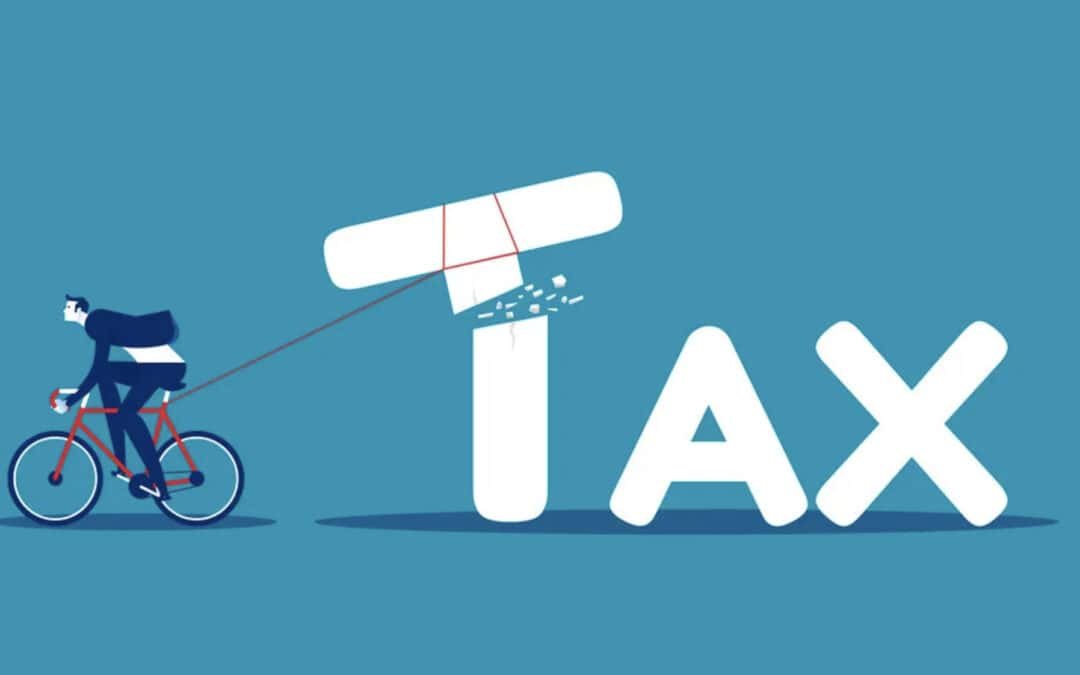Ad valorem court fee in Bangladesh: A Comprehensive Overview Ad valorem court fee in Bangladesh in Bangladesh and the...


Ad valorem court fee in Bangladesh: A Comprehensive Overview Ad valorem court fee in Bangladesh in Bangladesh and the...

Foreign Currency Account in Bangladesh The Bangladesh Bank has authorized the institutions to maintain multiple types...

Procedures To Get Tax Exemption Certificate in Bangladesh A tax exemption is the reduction or elimination of a...
Mutation khatian in Bangladesh In Bangladesh, mutation is a significant role in land ownership. When you acquire...
Khatian correction Suit in Bangladesh Land ownership and property rights hold immense significance in any society,...
Boiler Registration Certificate for BEZA in Bangladesh In order to install and use a boiler with a volumetric capacity...
BIDA Registration for Foreign Investment Project in 2023 According to the BIDA Act of 2016, all industrial investors...
Power of attorney guidelines for non-Bangladesh nationals The purpose of this article is to provide a comprehensive...
Labour Rules Amendment 2015: The government revised the Bangladesh Labour Rules for 2015 in 2015. The government...
VAT Deductible at Source in Bangladesh: A Guide by Tahmidur Rahman Remura Law Firm In Bangladesh, the Value Added Tax...
Declaratory Suit in Bangladesh: Clearing Legal Confusion and Establishing Rights In the realm of legal disputes...
A Complete Guide to Partition Suit in Bangladesh Between The Co-Sharers Introduction: Co-ownership of property is...